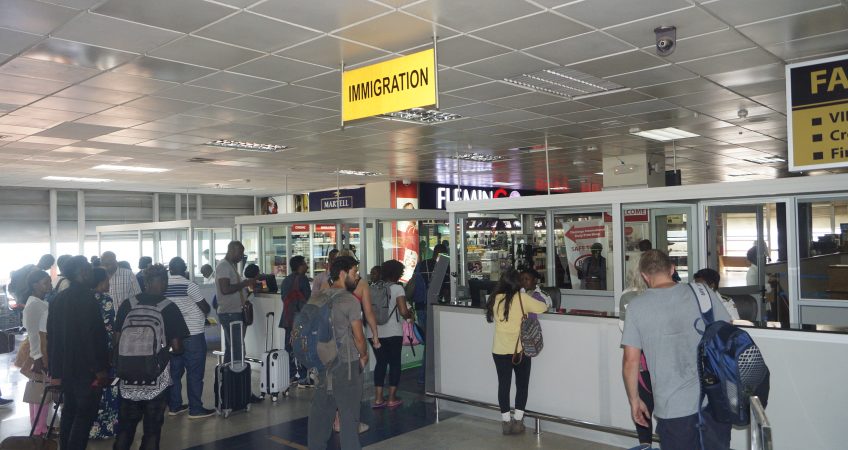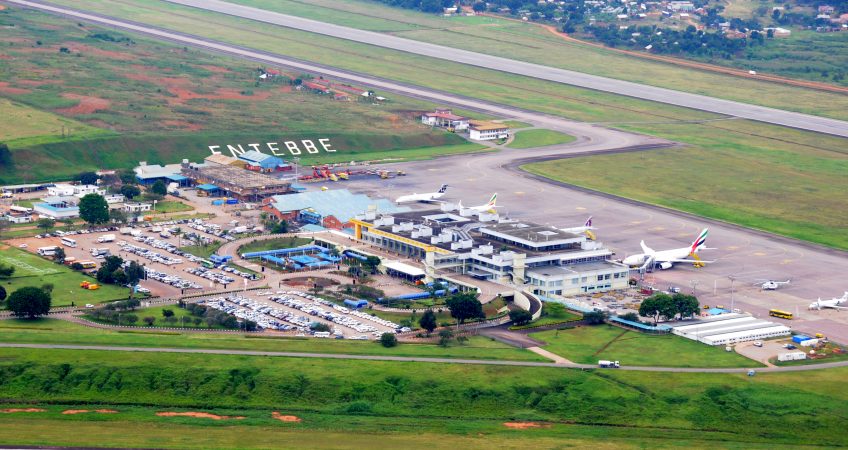The 6th Africa and Indian Ocean (AFI) Aviation Week events, hosted by the Republic of Uganda under the auspices of the Uganda Civil Aviation Authority at Speke Resort Munyonyo, will bring together Directors General of Civil Aviation Authorities, aviation safety and security representatives, experts of AFI Region Member States, and other representatives and experts from international and regional organizations. The air transport industry will also be well represented there by airline and airport operators, air navigation service providers, and Approved Training Organisations.
The main objective of the 2019 AFI week events is to engage all of these participants on current challenges, and to suggest solutions or mitigation measures to address them.
Participants will seek to identify opportunities to improve the effective implementation of critical elements of the State safety and security oversight systems, and deliberate on emerging issues with special focus on safety and security concerns.
The AFI week event comprises several important meetings including:
| AFI Aviation Week Events | |
| Tuesday 14 May | Sixth Aviation Safety Symposium of the Africa-Indian Ocean (AFI) Region |
| Wednesday 15 May | Twenty-Second Meeting of the Steering Committee of the Comprehensive Regional Implementation Plan for Aviation Safety in Africa (AFI Plan) |
| Thursday 16 May | Fourth AFI Aviation Security and Facilitation Symposiume |
| Friday 17 May | Eighth Meeting of the Steering Committee of the Comprehensive Regional Implementation Plan for Aviation Security and Facilitation in Africa (AFI SECFAL Plan) |
The events will also provide an opportunity to highlight the benefits of aviation as an enabler to economic development, promote development of National Aviation Plans, raise awareness on air connectivity in Africa through the Single African Transport Market, and present the results of the Infrastructure Development Gap Analysis in Africa.
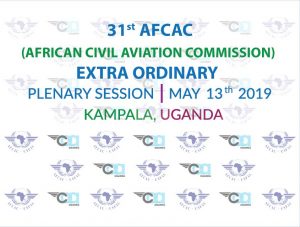

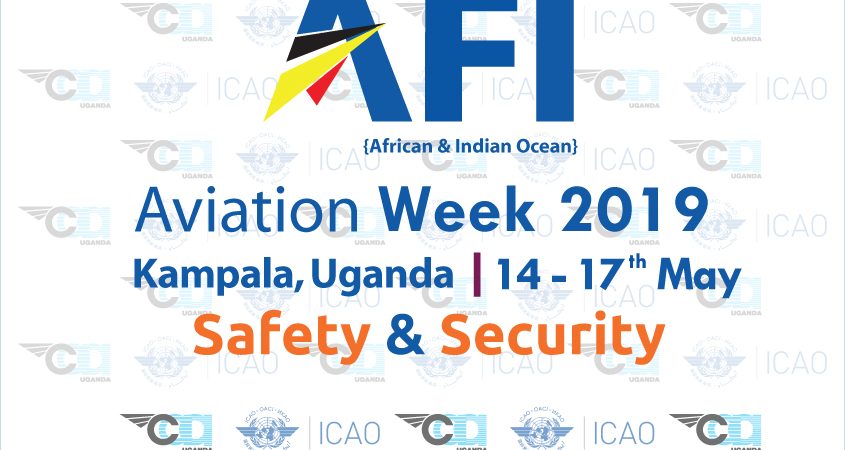
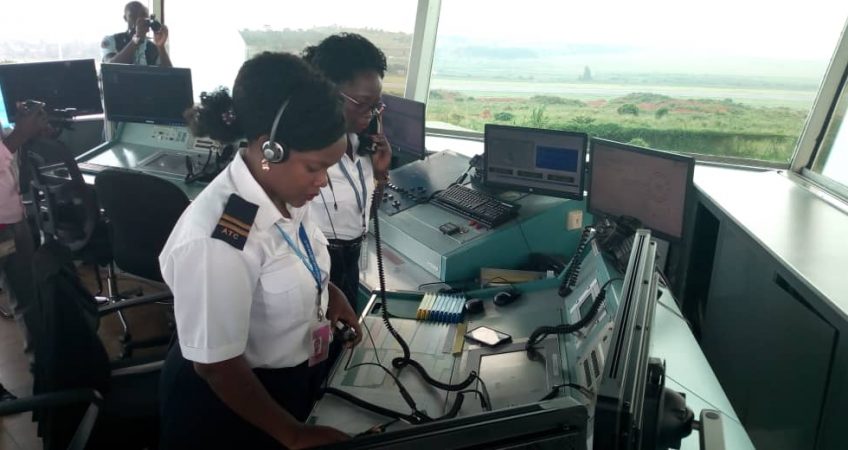
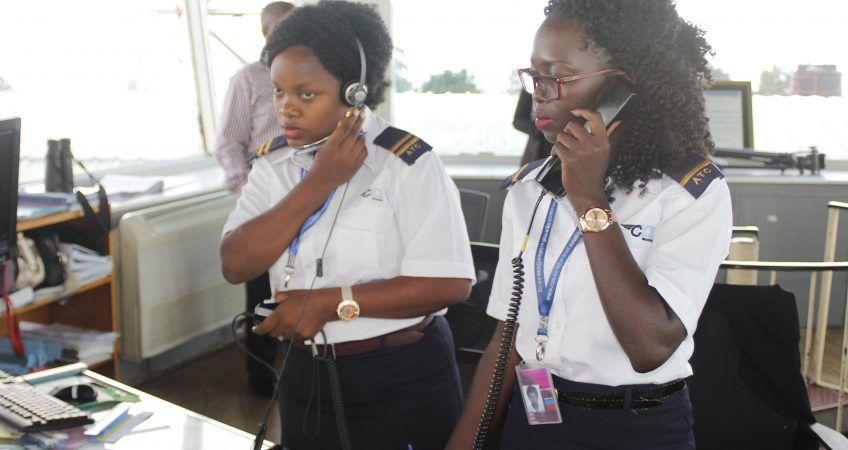


 Uganda Red Cross Society, a key stakeholder participated in the exercise. (PML Daily Photo)
Uganda Red Cross Society, a key stakeholder participated in the exercise. (PML Daily Photo)
